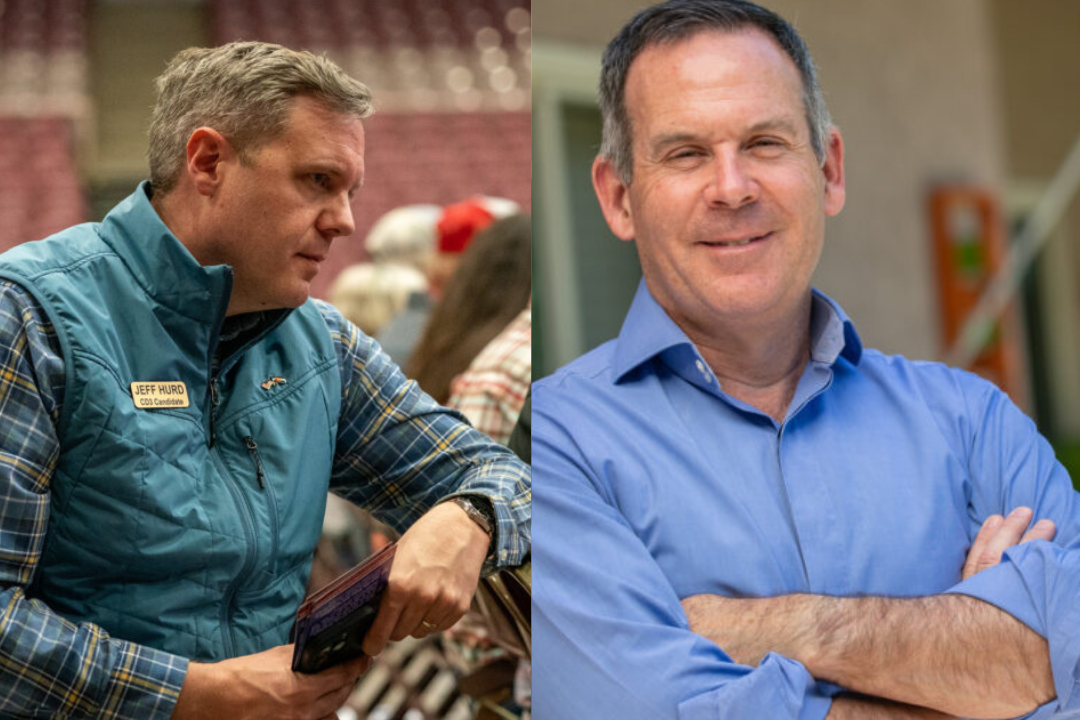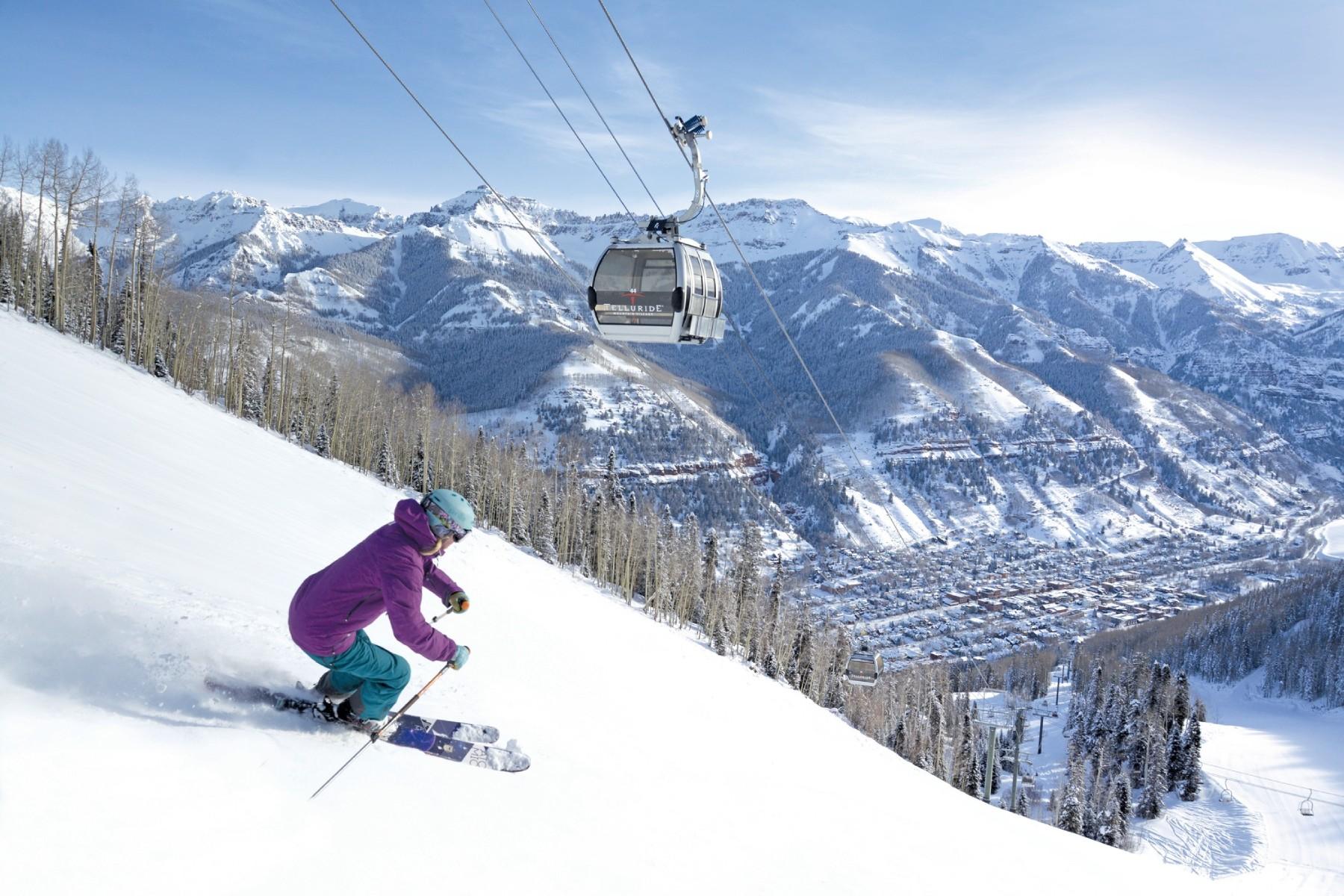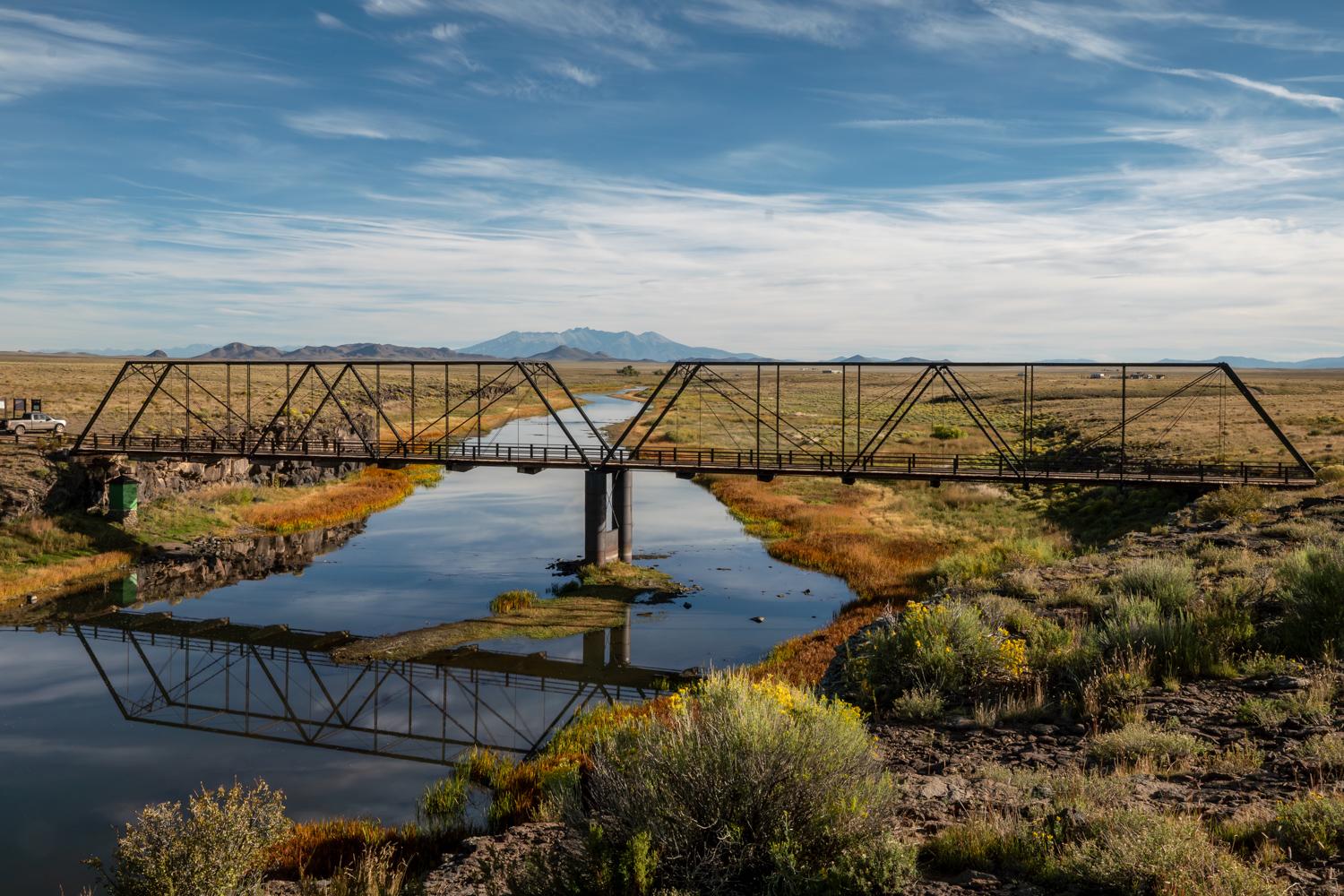
In their first official meeting, the two men running for Colorado’s 3rd Congressional District grappled over abortion and campaign tactics, while demonstrating some alignment on key issues.
Third Congressional District candidates Adam Frisch, a Democrat from Aspen, and Republican Jeff Hurd of Grand Junction squared off Saturday night. The debate was held in Grand Junction and sponsored by Club 20, an advocacy organization for Colorado’s Western Slope.
During the cross examination portion of the evening, in which candidates are afforded five minutes to question each other, Frisch asked Hurd how he would vote on Amendment 79, an issue on this November’s ballot that would guarantee a right to abortion in Colorado’s constitution.
“I'm running for federal office, but I would say, consistently, my view when it comes to the issue of abortion, I’m pro-life with exceptions, but I fundamentally believe that this is an issue that should be left to the states,” Hurd said.
“You don't want federal politicians overriding a woman's health care decisions, but you're okay with the state politicians doing it?” Frisch countered.
Frisch also pressed Hurd on whether he voted for Lauren Boebert in 2022 — Hurd said he does not reveal who he votes for — and if Hurd would reject the support of former Colorado Gov. Bill Owens, who backs Hurd and who is also a part of a project that seeks to pump water from Southern Colorado into the Denver area. Frisch has raised the connection between Hurd and Owens to suggest that Hurd would not be a protector of water in the southern portion of the 3rd Congressional District.
“Governor Owens and I may not agree on every issue, but I'm proud to have his support,” Hurd said, adding that he also has the backing of Colorado state Sen. Cleave Simpson, who represents the region.
For his part, Hurd used the majority of his cross-examination time to press Frisch on a primary campaign strategy that saw Frisch spending money on ads that appeared to elevate Ron Hanks, a more extreme candidate who finished second in the Republican primary race.
Hurd specifically pointed to a Colorado Sun article about Frisch’s campaign running television ads during the primary campaign.
“The subtitle (of the article) said 'The ads attack Grand Junction attorney Jeff Hurd in a clear call to GOP primary voters in the district to back someone else in the six-way Republican primary -- someone Adam Frisch believes will be easier to beat in November.' Is that accurate reporting?” Hurd asked
Frisch said that framing in the article was “editorializing” and that his campaign’s spending in the primary was in anticipation of facing either Hanks or Hurd in the general election. He also said he stands by one of the attacks in the ad, that Hurd was avoiding debates and public events.
“You skipped your own Grand Junction Chamber of Commerce on Monday. 'You have another scheduling conflict,'” Frisch said, making air quotation marks with his fingers, “Why are you so scared to make sure that people outside of your own small curated group, how come you don't want to talk to them?”
Hurd went on to question Frisch on the same issue, asking if he’d asked for the story to be corrected or why he’d stopped running that television ad. Eventually, Hurd pivoted to speaking to the audience rather than Frisch, asking who they trusted more.
“Do you believe what Adam Frisch is saying? I think it would be easier and more honest if he just admitted, ‘yeah, I thought your opponent would be easier to beat. And so I supported him,’” Hurd said.
The sparring back-and-forth stood in contrast to the structured debate questions, in which the pair showed little daylight between their policy positions on water, energy and public lands use.
On inflation, Hurd pointed to the federal budget.
“You go to Chick-fil-A nowadays, you pay $50, or you fill up your grocery cart with barely nothing and you're spending a hundred dollars. Why is that? Because we have too much spending. Our federal government is spending too much money,” Hurd said.
Frisch said both parties had a track record of spending beyond what was reasonable, but said corporate consolidation, particularly in agriculture, was to blame.
“The agricultural industry, as farmers know now compared to where they were 30, 40 years ago, they have a lot fewer options of which to sell their goods,” Frisch said. “In 1980, the average farmer was taking home about 30 cents of every dollar that was spent. It's now down to under 9 cents.”
Both candidates said they’re running because they feel the 3rd Congressional District has been left behind. In response to a question about how to retain and attract workers, Frisch said leaders need to bring down the cost of housing and childcare and fund health care job training.
“We also need to figure out how to increase the supply of health care so people feel comfortable in starting businesses in the Western slope, pushing back against the shrinking of health care supply in rural parts of our country, especially Colorado,” Frisch said.
Hurd added that government regulation was restricting job growth, and drew the attention to the top of the Democratic ticket.
“It’s important that we stand with the small businesses of Main Street, not Wall Street Democrats like President (Joe) Biden, Vice President (Kamala) Harris, who've never run a business, by the way,” Hurd said.
Regardless of the outcome of November’s election, residents of Colorado’s 3rd Congressional District will have a new representative. Rep. Boebert, the incumbent, opted late last year to move to Colorado’s 4th District.
Ballots for the November election will begin mailing out Oct. 11.









